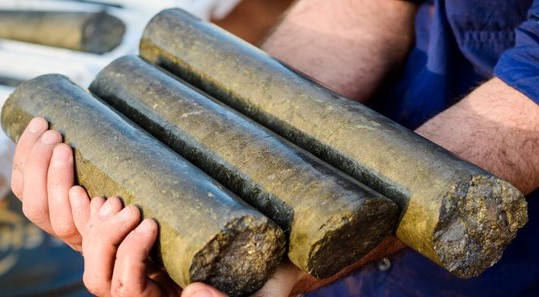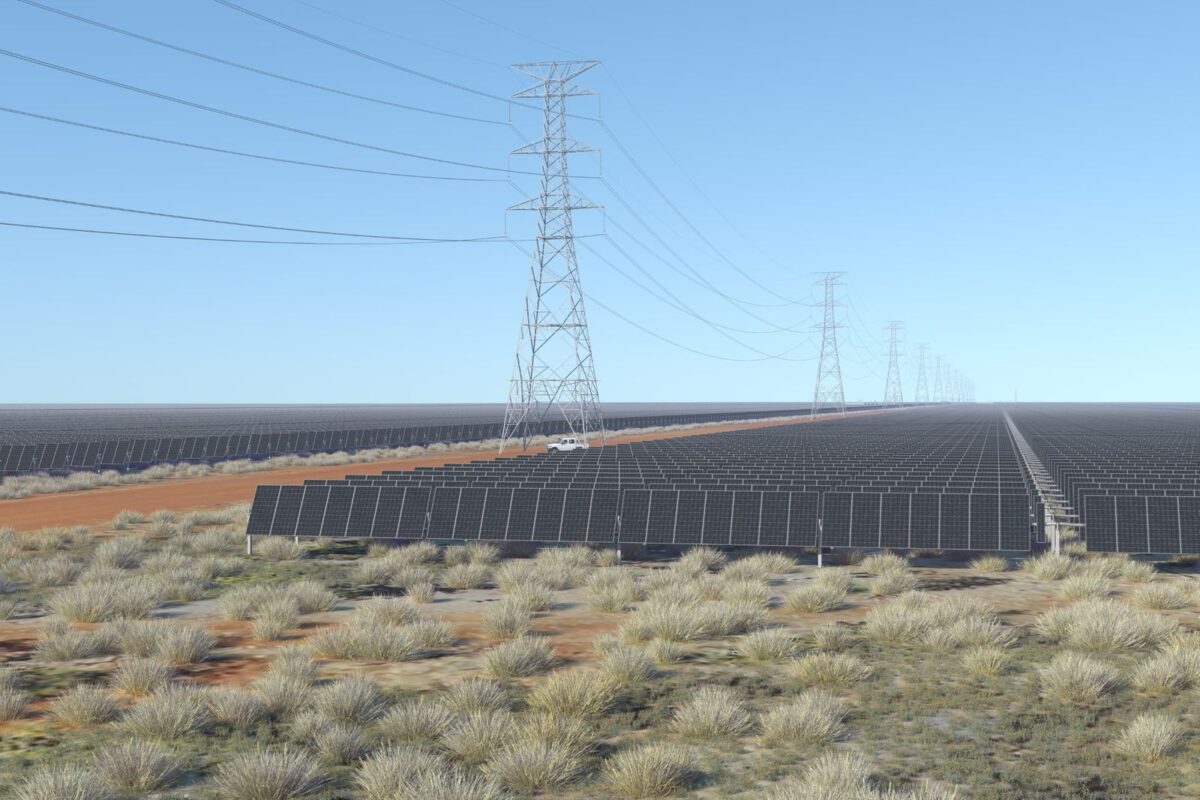China’s Shanghai Jayson New Energy Materials, the world’s leading producer of cathode precursor materials for lithium‐ion batteries, has increased its stake in Western Australian resources company St George Mining to almost 12% as it seeks to meet the increasing global demand for lithium and other battery metals.
St George announced it has entered into a subscription agreement whereby Jayson, through its controlled subsidiary Hong Kong Jayson Holding Co, will invest an additional $3 million in the company, increasing its holding from 3.5% to 11.73%.
The new investment, which builds on an initial $2 million funding agreement announced last year, comes after St George recently secured commitments for a $2 million placement of new shares to domestic and international investors.
St George Executive Chairman John Prineas said the company will use the new money to better explore its portfolio of hard-rock lithium projects, with a priority focus on the flagship Mt Alexander lithium operation in Western Australia’s Goldfields region.
“Our strategic relationship with Jayson will strengthen our capacity to advance Mt Alexander and unlock the full potential of our large landholding in this lithium province,” he said.
“This is a group with deep financial capacity and technical capabilities in lithium‐ion battery technologies, mining, chemical engineering and battery materials manufacturing.”
Jayson, a global supplier to the clean energy sector, will now have the right to acquire 25% of any lithium products from the company’s projects, subject to finalisation of offtake agreements once a JORC-compliant resource is defined.
Prineas said Mt Alexander, which is about 100 kilometres south of Liontown Resources’ Kathleen Valley lithium project, represented a “dominant” landholding in the emerging Mt Ida lithium province and that drilling has already confirmed widespread high‐grade lithium.
“We believe there is excellent potential for further exploration and drilling to discover significant lithium mineralisation,” he said.
St George is among a bevy of Australian hopefuls seeking to take advantage of the global demand for lithium and other battery metals needed for electric vehicles (EV) and renewable energy storage.
Modelling by consultancy InfoLink forecasts the global lithium-ion battery market to post a compound growth rate of 24% through 2030. A market today of more than 400 GWh is expected to surpass 1 TWh in 2023, 2 TWh in 2026, and 4 TWh in 2030.
This content is protected by copyright and may not be reused. If you want to cooperate with us and would like to reuse some of our content, please contact: editors@pv-magazine.com.









1 comment
By submitting this form you agree to pv magazine using your data for the purposes of publishing your comment.
Your personal data will only be disclosed or otherwise transmitted to third parties for the purposes of spam filtering or if this is necessary for technical maintenance of the website. Any other transfer to third parties will not take place unless this is justified on the basis of applicable data protection regulations or if pv magazine is legally obliged to do so.
You may revoke this consent at any time with effect for the future, in which case your personal data will be deleted immediately. Otherwise, your data will be deleted if pv magazine has processed your request or the purpose of data storage is fulfilled.
Further information on data privacy can be found in our Data Protection Policy.